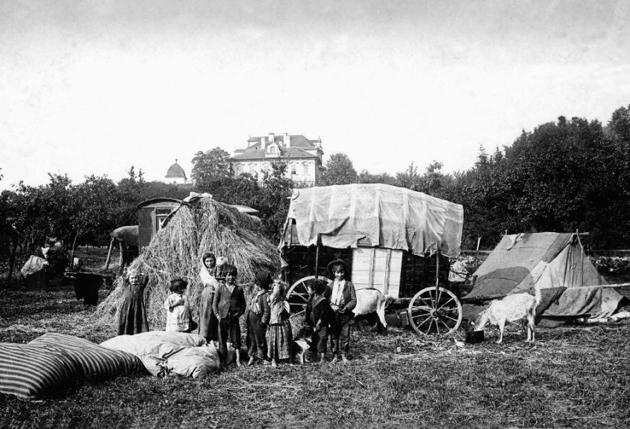Deeply engrained stereotypes about Romani people, formed in Europe over the course of six centuries, persist today even though various regimes have made efforts to more or less eliminate the stereotypes in various ways. One of those efforts was the forced assimilation of Romani people that began in the fall of 1958 in the former Czechoslovakia with a law on the permanent settlement of vagrant persons.
Up until 1990, itinerancy was punished with imprisonment. The law was not removed from the legal code until 30 March 1998.
The results of this law and other measures managing the assimilation of Romani people during the previous regime are evident to this day. Many of today’s troubled localities were created precisely by the forced resettlement of Romani people and their segregation into closed municipal neighborhoods.
The efforts of the former regime to include this different ethnicity into society eventually intensified the grudge held against them by the majority society. Denial of Romani identity and all differences, including cultural ones, were a contributing factor, as was the former regime’s path of providing material advantages in exchange for assimilation.
The 1958 law instructed Romani people to settle wherever they had been apprehended. Municipalities were supposed to provide them accommodation and jobs. Whoever did not accept this "aid" ended up in prison.
It was not until the end of the 1960s that Romani people got their first opportunity to influence solutions to their own problems. The Union of Gypsies-Roma (Svaz Cikánů-Romů) was permitted to exist, but was banned again in 1973. At the start of the 1970s, managed assimilation was replaced with a milder form of social integration.
